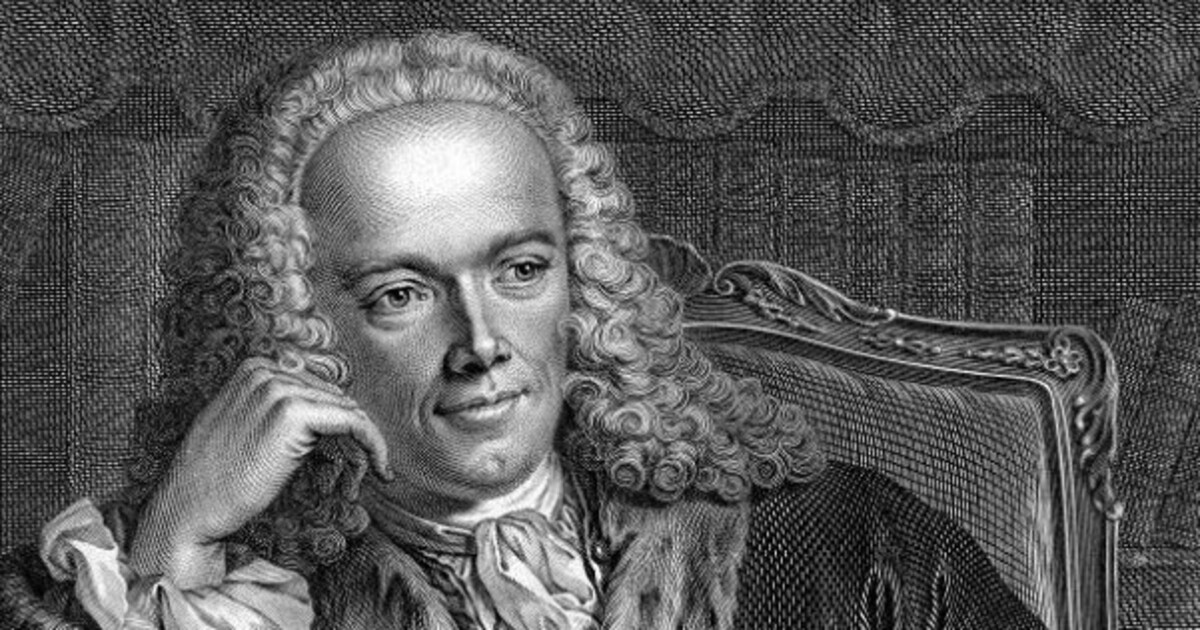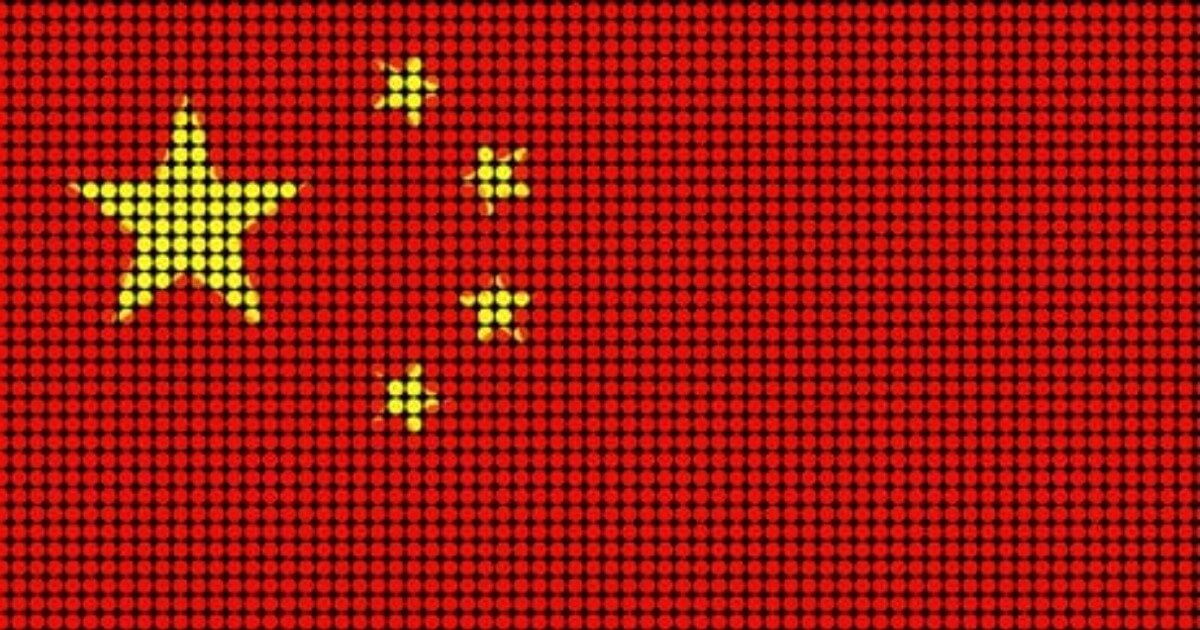A 18th Century’s French Economist and Xi Jinping’s China
François Quesnay explained why he and the other “Physiocrats” regarded imperial China as the ideal kingdom. No wonder Xi Jinping must like that view.
February 4, 2024

A Strategic Assessment Memo (SAM) from the Global Ideas Center
You may quote from this text, provided you mention the name of the author and reference it as a new Strategic Assessment Memo (SAM) published by the Global Ideas Center in Berlin on The Globalist.
Physiocrats (a school of economists founded in 18th-century France and characterized chiefly by a belief that government policy should not interfere with the operation of natural economic laws) are not much read today. This is unfortunate, because many of their views have present-day relevance.
Their writings were often intentionally murky and paradoxical, expressed in a form that is seldom used today. They were expressed in maxims and in short, and at times enigmatic, sentences – and in the famous Tableau economique whose overall idea is clear, but its details baffling.
To economists today, they bring, on the one hand, common neoclassical views on freedom of trade. These include free circulation of labor, capital and goods (across regional lines within a single nation-state and between the countries), freedom of contract between workers and capitalists, a single tax and progressive taxation of wealth.
Often misunderstood
On the other hand, the physiocrats are – I think – often misunderstood to have thought that agriculture is inherently more productive than manufacturing.
A much more reasonable explanation of their position is to point out that only in agriculture did an income source (the land rent) exist that could have been taxed without “creating injury” to production.
It is only in that sense – tax-yielding – that agriculture was seen as more “productive” than manufacturing. (Incidentally, similar misapprehensions exist today when manufacturing jobs are considered inherently “better” than jobs in services).
What about the politics?
The part of the physiocratic doctrine which is even less studied than economics is their politics.
The physiocrats were defenders of absolute monarchy of a special kind. The imperial China, to which Quesnay (in response to Montesquieu’s critique of China in “The Spirits of the Laws”) dedicated an entire monograph of more than 100 pages, was their ideal kingdom.
Physiocrats’ rationale is similar to that of the Chinese legalist tradition. For Physiocrats, it went as follows: Once the natural laws (“la loi naturelle” or even “physiocracy”, the term apparently invented by Quesnay, who liked to play with Greek neologisms) that consist of personal freedom, private property and security of person are discovered, there is not much more that a society needs to do but enforce them. It needs only two things:
1. A body of educated people who are selected according to merit, and who understand the body of laws and might improve and refine it.
2. An absolute sovereign whose role is to make sure that the laws are enforced.
The role of the sovereign
Most of the time, and ideally all the time, the sovereign does nothing since the laws – if followed – establish that perfect equilibrium between the private and the public interest. The sovereign is at the same time the most, and the least, powerful person in the state.
He is the most powerful because he alone can put an end to the rot, if it happens, if the laws are transgressed. But since the likelihood of transgression is small – given that the laws are the most rational possible – the sovereign most of the time has nothing to do.
Quesnay found the the Chinese system of the era, as it was understood at that time in Europe, to be the closest approximation to that ideal. Unlike the French aristocracy of blood that was the body of people who interposed themselves between the sovereign and the people, the Chinese mandarinate was selected on merit.
It designed the most perfect laws because it consisted of the most talented people. It goes without saying that physiocrats saw themselves in that role: As a replacement for a decadent, ignorant and indolent aristocracy. The “absolute” rule can still remain, but now it would be based on right principles and the use of the right people.
Defining despotism
As Quesnay says in the introduction on his treatise on China entitled “Despotism of China,” the term “despotism” has two meanings.
The first is unchecked or absolute power within the law, and used to make sure that the laws are respected. The second is unchecked and arbitrary personal rule.
Under the first title, despotism is fully legal (since based on the enforcement of legality) and legitimate. Under the second, it is illegitimate.
Despot means “master” or “lord.” This title can therefore be applied to sovereigns who exercise absolute power regulated by laws. It can also be applied to sovereigns who have usurped arbitrary power which they exercise for good or evil over nations whose government is not regulated by fundamental laws. There are therefore legitimate despots as well as arbitrary and illegitimate despots.
Democracy, defined as the selection of rulers by the ruled, has no place in the Physiocrats’ system. It is entirely redundant. It is not clear what its role would be (had they ever envisaged it). Perhaps only to mess up the perfect principles of the natural law.
The Chinese system
The relevance of physiocrats’ thought is obvious when we consider today’s Chinese system. Formally speaking, it is similar to the system Quesnay described.
An absolute sovereign is selected from within the ruling group, and the legitimacy of his rule is reflected in the excellence of the laws and the quality of the body of people who implement these laws.
The quality of the social system is therefore judged by its performance. The key part of that performance – and Physiocrats were in this the precursors of what we consider today a “normal view” – is how fast economic abundance increases for the majority of the population.
If people are getting steadily richer, there is little or nothing to change in the laws – therefore nothing for the mandarinate or sovereign to do.
The system is, like any person, judged based on its performance – not on the technical ways its rulers have been selected, how strong the state is or any other “extraneous” objective. It is the rule “for the people.”
Takeaways
François Quesnay explained why he and the other “Physiocrats” regarded imperial China as the ideal kingdom. No wonder Xi Jinping must like that view.
China's CCP leaders must like the Physiocrats' idea that educated people who are selected according to merit and who understand the body of laws might improve and refine it.
Unlike the French aristocracy of blood that was the body of people who interposed themselves between the sovereign and the people, the Chinese mandarinate was selected on merit.
As Quesnay says in the introduction on his treatise on China entitled “Despotism of China,” the term “despot" also means "master" or "lord." This title can therefore be applied to sovereigns who exercise absolute power regulated by laws.
Democracy, defined as the selection of rulers by the ruled, has no place in the Physiocrat's system. It is entirely redundant.
A Strategic Assessment Memo (SAM) from the Global Ideas Center
You may quote from this text, provided you mention the name of the author and reference it as a new Strategic Assessment Memo (SAM) published by the Global Ideas Center in Berlin on The Globalist.


